Cargando...
Recursos educativos
-
Nivel educativo
-
Competencias
-
Tipología
-
Idioma
-
Tipo de medio
-
Tipo de actividad
-
Destinatarios
-
Tipo de audiencia
-
Creador
Lo más buscado
- Obras del clasicismo
- Charlie Chaplin
- Los demostrativos
- Geografía de España
- Repaso de lengua castellana
- Ejercicios escolares para niños de 4 años
- Juegos de tablas de multiplicar
- Divisiones para niños educación infantil
- Repaso de la división
- Juegos de palabras
- Guía de fonética
- Capitales del Mundo
- La voz pasiva
- Guía didáctica
- actividades escolares
-
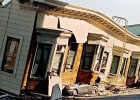
Predicting earthquakes and saving lives - with smartphones - BBC News
V&V Books Vicens Vives Organización
- 759 visitas
If you had 15 seconds warning an earthquake was coming - could that save your life? The BBC's Fiona Graham finds out about the app that could warn you the "big one" was on the way
-
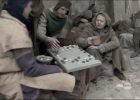
The Black Death
V&V Books Vicens Vives Organización
- 890 visitas
In the 14th century, a devastating plague known as the Black Death claimed an estimated 75 million lives. How did the people who contracted it know their luck had run out?
-
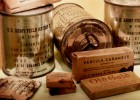
The science and technology of World War II
Núria Termes Organización
- 569 visitas
For all the role of science, mathematics, and new inventions in earlier wars, no war had as profound an effect on the technologies of our current lives than World War II (1939-45).
-
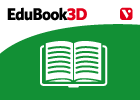
Society and economy in the Roman Empire
EduBook Organización
- 5072 visitas
4.1. Urban society During the expansion of the Roman Empire, hundreds of cities were built. They all had a similar structure, with a central square (forum) and walls around the city. There were many…
-

Patricians and plebs
EduBook Organización
- 3197 visitas
Roman citizens were divided into two main social groups: patricians and plebs. Patricians were a minority of the population. They were descendants of the aristocratic families that founded Rome. They…
-

Everyday life in the cities
EduBook Organización
- 3132 visitas
3.1. Roman houses There were two types of houses in Roman cities: the domus and the insula. Domus were individual houses of wealthy families. The entrance was a vestibule that led to an interior patio…
-
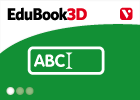
Complete. Romanesque painting
EduBook Organización
- 3050 visitas
Complete the sentences about Romanesque painting and its significance with the missing words: Romanesque painting and sculpture had a character and was much used in church . Romanesque painting and…
-
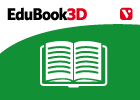
Everyday life in Athens
EduBook Organización
- 2872 visitas
4.1. Everyday life in Athens Like most Greek cities, Athens was surrounded by walls and had narrow streets. There were no sewers, water was scarce and no one collected the rubbish. The streets were full…
-
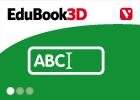
Complete. The Paris School
EduBook Organización
- 2695 visitas
Complete the text with the missing words: In the first half of the 20th century, a series of new movements emerged in Europe; they were mainly pictorial and were described collectively as the first .…
-
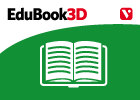
David's house
EduBook Organización
- 2690 visitas
Houses did not have electricity Clara's great-grandfather lived in a village when he was young. Great-grandfather David's house did not have electricity. People used oil lamps or candles to…
Te estamos redirigiendo a la ficha del libro...













